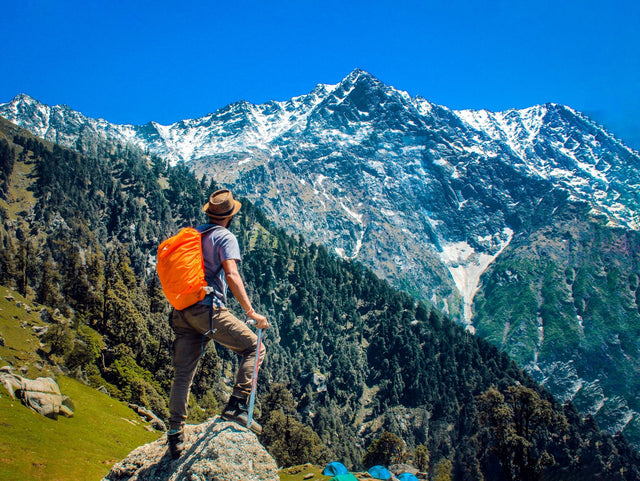The Philosophy of Ultralight Backpacking
Ultralight backpacking is a philosophy that is gaining popularity among outdoor enthusiasts. It focuses on minimizing the weight of gear and supplies while hiking in the wilderness, with the goal of allowing backpackers to move more efficiently and comfortably through the backcountry. This approach not only reduces the physical strain of backpacking, but also minimizes the environmental impact of human activity in nature.
The first step in ultralight backpacking is to evaluate the gear and supplies that you currently carry and to identify the items that are not absolutely necessary for your safety and comfort. This may involve leaving behind traditional camping gear such as a heavy tent or sleeping bag, and replacing them with lightweight alternatives such as a tarp or a quilt. It may also involve switching to lightweight clothing and footwear, and using minimalist cookware and water filtration systems.
One of the key benefits of ultralight backpacking is that it allows backpackers to move more easily and comfortably through the wilderness. With less weight to carry, backpackers are able to move faster and more efficiently, which can be especially beneficial on long-distance hikes or when trying to cover a lot of ground in a short period of time. Additionally, ultralight backpacking can be less physically demanding, which can help prevent injuries and allow backpackers to enjoy the outdoors for longer periods of time.
Another benefit of ultralight backpacking is that it can be more environmentally friendly. By carrying less gear and supplies, backpackers are able to leave a smaller footprint on the wilderness and have less impact on the natural environment. Additionally, many ultralight backpacking techniques and gear options are designed to be more sustainable, such as using a tarp instead of a tent, or using a water filter instead of chemical purification tablets.
However, it is important to note that ultralight backpacking does come with some risks. With less gear and supplies, backpackers are more exposed to the elements and may have less protection in case of an emergency. Additionally, ultralight backpacking may not be appropriate for certain types of wilderness environments or weather conditions. It is important to thoroughly research and understand the risks and limitations of ultralight backpacking before attempting to use these techniques in the wilderness.
For those who are interested in ultralight backpacking, it is important to start small and gradually transition to lighter gear and supplies. This will not only help you get accustomed to the new gear and techniques, but also help you to identify the items that are essential for your personal safety and comfort.
It is important to remember that ultralight backpacking is not about sacrificing safety or comfort for the sake of being lightweight. It is about being smart and strategic with the gear and supplies that you bring, and being mindful of the impact that you have on the wilderness. By embracing the philosophy of ultralight backpacking, backpackers can enjoy the outdoors in a more efficient, comfortable, and sustainable way.

